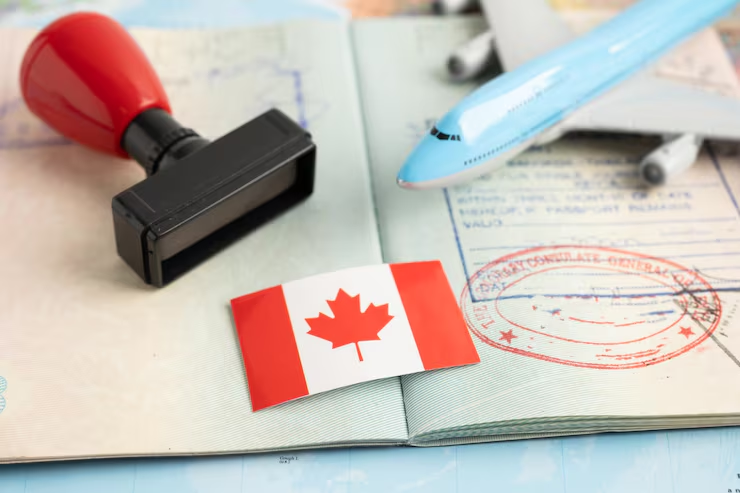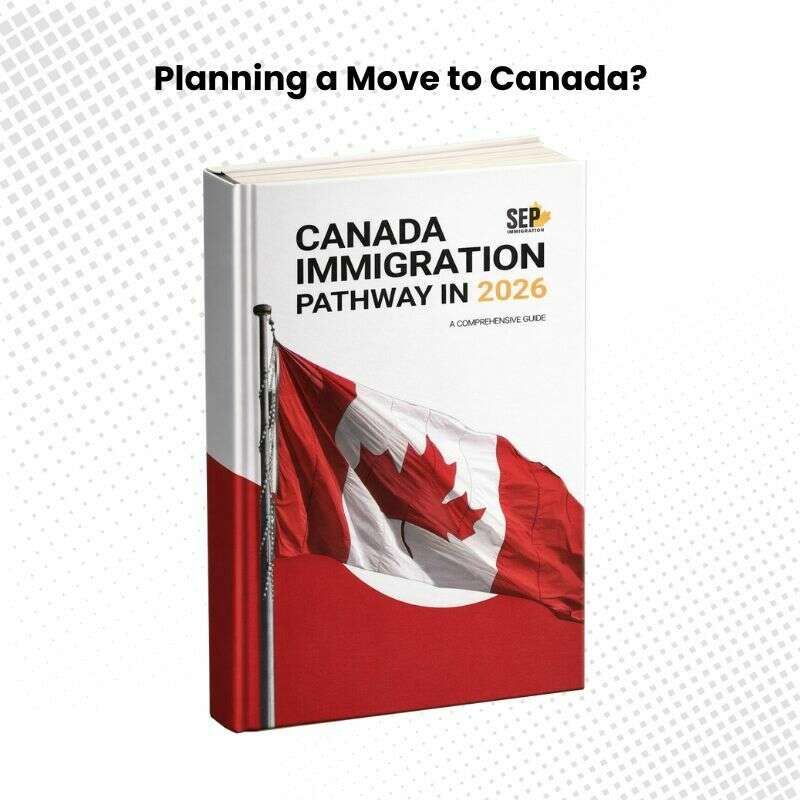
Application processing: Application processing times and delays are to be reduced.
Express Entry: More international students and temporary foreign workers should become permanent residents through Express Entry.
Family reunification: Family reunification should be possible through electronic application and spouses and children should be granted temporary status while they wait for the PR application results.
Waiving Canadian citizenship application fees
Francophone immigration: Supporting immigrants with French-language knowledge in Quebec and promoting national Francophone immigration.
Afghan refugees: Reaching Canada’s target to resettle 40,000 Afghan refugees.
2025 Update—This year brought several changes to how Canada is handling immigration. Targets have shifted, rules are tighter in some areas, and new entry paths have opened up for specific workers and students. Here’s what’s different in 2025 — without repeating what was already said.
Canada has decided to dial back its immigration goals for the next few years. The plan is to admit 395,000 permanent residents in 2025. That number drops to 380,000 in 2026, and then down again to 365,000 in 2027. Officials say this helps manage pressure on housing, healthcare, and other already stretched systems.
There’s a shift happening in Express Entry draws. Instead of just picking based on overall score, Immigration Canada is now inviting candidates in certain job groups, especially healthcare, education, and trades. Also, international students with advanced degrees might see more opportunities since they’ve been added to a new selection group.
If someone’s been working in construction without legal status, they might now have a way to stay in Canada. A pilot program is in place to give them legal standing. On top of that, apprentices from other countries can finish their training here without needing a study permit — a big change from before.
Spouses of international students used to have a fairly open path to getting work permits. Not anymore. Now, it only applies if the student is in a master’s, PhD, or certain professional programs. Similarly, if the main applicant is a worker, their spouse has to meet extra conditions — their job needs to be in an eligible field, or the application will not move forward.
Study permits are limited this year — 437,000 is the cap, which is lower than last year. A key new step: most applicants have to submit a letter from a province or territory that confirms they’ve been accepted. Some people are exempt, but it’s now part of the process for most.
Up to 10,000 applications for sponsoring parents and grandparents will be accepted this year. However, it’s not a quick route. Processing times for those outside Quebec are close to two years. In Quebec, it takes even longer — around four years.
Why choose us?
We have been helping many applicants to become permanent residents for years and we have a high success rate. Our clients from almost 20 different countries have experienced this with us and you can be the next successful one. We know how to prepare documents and how to make your immigration process smooth and easy for you. Contact us HERE to start the process today!
If you are not a Canadian Permanent Resident yet and you are not sure what the best way for you to immigrate to Canada is, please fill out our assessment form HERE and we will get back to you with your possible options.





